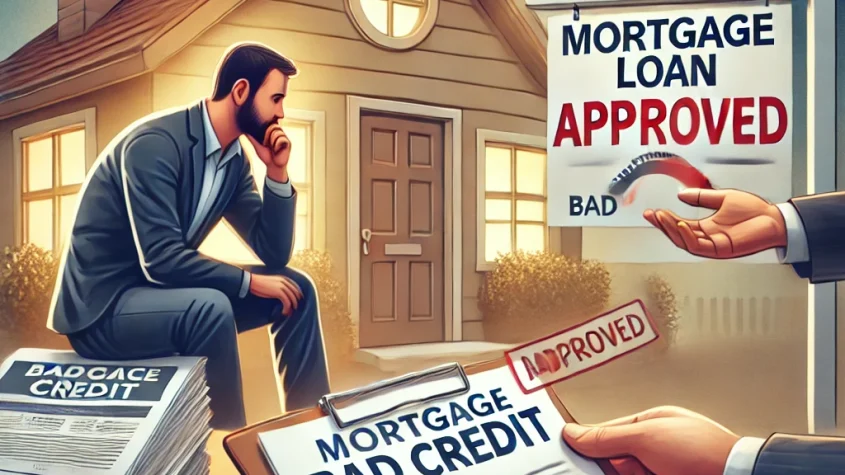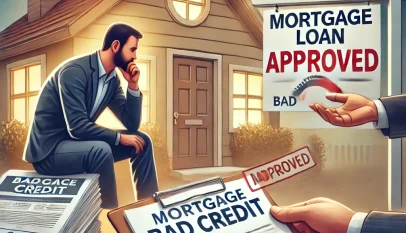Reverse Mortgages British Columbia: A Comprehensive Guide for Homeowners
Reverse mortgages British Columbia offer a financial option for homeowners aged 55 and older, allowing them to convert a portion of their home equity into cash. This can be a valuable solution for seniors seeking to supplement their retirement income without having to sell their homes. The process enables individuals to access funds for various needs while continuing to live in their properties.
Many homeowners are unaware of the potential benefits and complexities associated with reverse mortgages. Understanding the essentials can empower them to make informed decisions about their financial future. Whether for medical expenses, home renovations, or daily living costs, reverse mortgages can provide much-needed financial relief.
Navigating the landscape of reverse mortgages involves numerous considerations, including eligibility requirements and repayment conditions. It is essential for prospective borrowers to explore all available options and consult with financial experts to determine the best path forward in their unique situations.
Understanding Reverse Mortgages
Reverse mortgages are financial tools designed for seniors, allowing them to convert home equity into cash without selling their property. This section examines their definition, eligibility criteria, the factors influencing loan amounts, and the interest rates associated with them.
Defining Reverse Mortgages
A reverse mortgage is a loan specifically tailored for homeowners aged 55 and over, enabling them to borrow against their home equity. Unlike traditional mortgages, the borrower does not have to make monthly repayments. Instead, the loan is repaid when the homeowner sells the home, moves out, or passes away.
This type of mortgage can provide financial relief for seniors looking to supplement retirement income or cover healthcare expenses. The loan amount typically depends on the home’s value, the borrower’s age, and current interest rates.
Eligibility Criteria
To qualify for a reverse mortgage in British Columbia, applicants must meet specific criteria. They must be at least 55 years of age and must occupy the home as their primary residence. The home itself must be at least 50% owned or have a low remaining mortgage balance.
Borrowers must also demonstrate the ability to maintain the home, covering property taxes, insurance, and maintenance costs. Lenders will evaluate the homeowner’s income and credit history to assess financial stability.
Loan Amount Factors
Several key factors determine the loan amount available through a reverse mortgage. These include the property value, the age of the homeowner, and prevailing interest rates. Generally, older homeowners can access a larger portion of their home equity.
Lenders typically use a formula that considers these aspects to establish the loan amount. The greater the home value and the older the homeowner, the more funds they may receive. Understanding these factors can help potential borrowers assess their options effectively.
Understanding Interest Rates
Interest rates on reverse mortgages can be fixed or variable, impacting the total amount owed over time. Fixed rates typically offer stability, while variable rates can fluctuate, often resulting in a lower initial rate.
It is crucial for borrowers to carefully review interest rate options, as they influence the loan’s overall cost. Since interest accrues on the loan balance, choices made at the outset can significantly affect the total repayment amount later.
Process and Considerations
Understanding the process of obtaining a reverse mortgage in British Columbia involves several key elements, including application steps, financial implications, legal aspects, and repayment options. Each of these components plays a crucial role in the decision-making process for potential borrowers.
Application Process
The application process for a reverse mortgage in British Columbia typically begins with a consultation with a qualified lender. This meeting allows the borrower to understand the program details and determine eligibility based on age, property value, and residence status.
Once eligibility is confirmed, the borrower must provide necessary documentation, including proof of income, credit history, and homeowners insurance. The lender will also conduct an appraisal to assess the property’s value.
After submitting the application, it usually takes a few weeks for approval. Upon approval, the borrower will receive a loan estimate outlining terms, fees, and the amount available for withdrawal.
Financial Implications
Financial implications of a reverse mortgage include costs and the impact on home equity. Borrowers should be aware of initial fees such as application costs, appraisal fees, and closing costs. These can be significant and vary by lender.
Interest rates on reverse mortgages are typically higher than traditional mortgages, and the interest accumulates over time, increasing the total debt. Borrowers will also need to consider how the reverse mortgage can affect government benefits, such as pensions or subsidies.
Additionally, it is important to evaluate how the reverse mortgage will impact the heirs’ inheritance, as the loan must be repaid upon the borrower’s death or sale of the property.
Legal Considerations
Legal considerations in reverse mortgages are essential to ensure protection for both the borrower and lender. Borrowers must review the terms of the mortgage agreement carefully, as it includes clauses on repayment and conditions for retaining residency while borrowing.
It is advisable for borrowers to seek legal advice before signing agreements. This helps clarify obligations, potential defaults, and the right to remain in the home.
In British Columbia, lenders are required to provide a written disclosure statement, detailing terms, fees, and consequences of default. Understanding these legalities can help prevent disputes later.
Repayment Options
Repayment options for reverse mortgages in British Columbia are crucial for borrowers to understand. Unlike traditional mortgages, borrowers do not make monthly payments. Instead, the loan amount is repaid when the borrower sells the home, moves out, or passes away.
Borrowers can also choose to pay off the loan earlier if financial circumstances allow. This option may incur penalties depending on the lender’s policies.
In some cases, heirs might opt to sell the property to repay the reverse mortgage rather than keeping it. Knowing these options can empower borrowers and their families in making informed decisions regarding their finances and property.
Sympathy Flowers Ottawa: Thoughtful Selections for Expressing Condolences
When someone experiences a loss, sending sympathy flowers can convey compassion and suppor…












